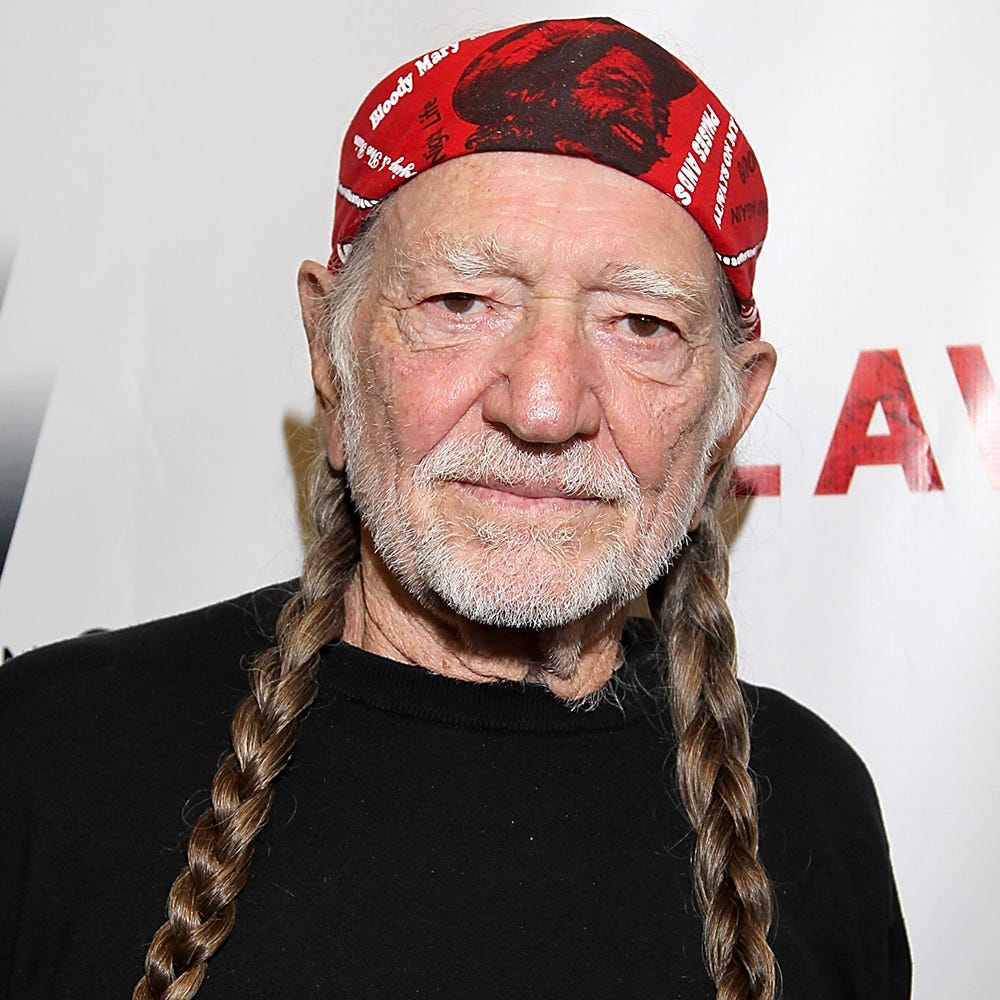Fox News Faces Defamation Lawsuit From Ray Epps Over January 6th Reporting

Table of Contents
Ray Epps's Allegations Against Fox News
Ray Epps alleges that Fox News knowingly spread false and defamatory information about him, directly linking him to the events of January 6th and portraying him as an instigator of the violence. This portrayal, he claims, caused significant damage to his reputation, subjected him to online harassment, and led to threats against him and his family.
- Specific Fox News Reports: Epps's lawsuit points to specific segments and broadcasts on Fox News that he alleges falsely connected him to the planning and execution of the January 6th attack. These reports often presented heavily edited footage and selectively quoted statements, according to the lawsuit.
- Incitement and Conspiracy Theories: The reports, Epps argues, fueled conspiracy theories that depicted him as a government informant or agent provocateur, intentionally inciting violence. These narratives were amplified across social media platforms, leading to widespread online harassment and threats.
- Reputation Damage and Harm: As a result of the false accusations, Epps contends he suffered significant reputational harm, including threats to his safety and well-being, emotional distress, and damage to his personal and professional life. The lawsuit details the extensive negative impact the false reporting has had on his life.
- Evidence for the Case: Epps intends to present evidence demonstrating that Fox News acted with actual malice, knowingly disseminating false information or exhibiting reckless disregard for the truth. This evidence likely includes internal Fox News communications, witness testimonies, and expert analysis of the news coverage.
The Legal Framework of the Defamation Lawsuit
This defamation lawsuit hinges on proving that Fox News acted with actual malice, a legal standard established by the landmark Supreme Court case New York Times Co. v. Sullivan (1964). This case significantly raised the bar for public figures seeking to win defamation cases, requiring them to prove not only that the statements were false and defamatory but also that the defendant acted with knowledge of their falsity or reckless disregard for the truth.
- Defamation and Public Figures: Because Epps is considered a public figure in relation to the January 6th events, he faces a higher burden of proof than a private individual would. He must demonstrate that Fox News acted with actual malice in publishing the allegedly defamatory statements.
- New York Times v. Sullivan: This Supreme Court precedent is central to the case. It established the "actual malice" standard, recognizing the importance of protecting free speech, even when it involves potentially damaging criticism of public figures.
- Burden of Proof: Epps must present substantial evidence to show that Fox News either knew the information was false when they aired it or acted with reckless disregard for the truth. This means demonstrating a conscious disregard for whether the information was true or false.
- Legal Strategies: Epps's legal team will likely focus on demonstrating Fox News's internal knowledge of the falsity of the reports and their conscious choice to air them despite this knowledge. Fox News, in turn, will likely argue that their reporting was protected under the First Amendment and that they acted responsibly, even if some inaccuracies occurred.
The Broader Implications of the Case
The Ray Epps case has far-reaching implications beyond the immediate legal battle. It highlights the crucial role media plays in shaping public discourse and the potential for misinformation to cause significant harm.
- Media Responsibility and Misinformation: The case underscores the responsibility of news organizations to verify information and avoid spreading false narratives, especially surrounding politically sensitive events. The case raises questions about journalistic ethics and the potential consequences of irresponsible reporting.
- Future Coverage of Politically Sensitive Events: The outcome of this lawsuit could significantly impact how media outlets cover future politically charged events. It may lead to increased caution and scrutiny in reporting on potentially controversial individuals and situations.
- Free Speech vs. Accurate Reporting: The case presents a delicate balancing act between the constitutional right to free speech and the need to ensure accurate and responsible reporting. It tests the limits of protected speech when it comes to knowingly disseminating false information that causes significant harm.
- Connections to Other Lawsuits: The Epps case is not isolated; it mirrors other legal challenges faced by Fox News, most notably the defamation lawsuit brought by Dominion Voting Systems. Both cases explore the intersection of misinformation, media responsibility, and potential legal consequences.
The Role of Social Media in Amplifying False Narratives
Social media played a significant role in amplifying the false narratives surrounding Ray Epps. The easily shareable nature of online content, combined with algorithmic biases, created an environment where misinformation could spread rapidly and reach a massive audience.
- Spread of False Narratives: Social media platforms became vectors for the dissemination of the conspiracy theories linking Epps to the January 6th events. The ease of sharing and the lack of immediate fact-checking mechanisms allowed false information to proliferate quickly.
- Algorithmic Bias and Echo Chambers: Algorithms on social media platforms often reinforce existing beliefs, creating "echo chambers" where users are primarily exposed to information confirming their pre-existing views. This effect contributed to the widespread acceptance of the false narratives about Ray Epps.
- Online Harassment and Conspiracy Theories: The spread of misinformation about Epps on social media led to intense online harassment and the proliferation of dangerous conspiracy theories targeting him and his family. This highlights the real-world consequences of online disinformation.
Conclusion
The defamation lawsuit filed by Ray Epps against Fox News is more than just a legal battle; it's a critical examination of media responsibility in the age of misinformation. The case raises crucial questions about the balance between free speech and the potential for damaging false narratives to spread widely, particularly during times of intense political polarization. The outcome will significantly impact not only the individuals involved but also the future of media coverage and accountability. The interconnectedness of traditional media outlets and the power of social media to amplify misinformation underscores the need for responsible reporting and fact-checking in the digital age.
Call to Action: Stay informed about the evolving developments in the Ray Epps defamation lawsuit against Fox News. This case underscores the vital importance of responsible reporting and the potential consequences of spreading misinformation. Follow this developing legal battle and its implications for the future of news media. Understanding the intricacies of this case is crucial for navigating the complex landscape of information dissemination in the modern world.

Featured Posts
-
 Blockchain Analytics Leader Chainalysis Integrates Ai With Alterya Purchase
Apr 29, 2025
Blockchain Analytics Leader Chainalysis Integrates Ai With Alterya Purchase
Apr 29, 2025 -
 Will Minnesota Film Tax Credits Attract More Productions
Apr 29, 2025
Will Minnesota Film Tax Credits Attract More Productions
Apr 29, 2025 -
 The Brain Drain Global Efforts To Recruit Us Researchers Intensify Following Funding Reductions
Apr 29, 2025
The Brain Drain Global Efforts To Recruit Us Researchers Intensify Following Funding Reductions
Apr 29, 2025 -
 Choosing Between One Plus 13 R And Pixel 9a The Ultimate Guide
Apr 29, 2025
Choosing Between One Plus 13 R And Pixel 9a The Ultimate Guide
Apr 29, 2025 -
 The Russian Militarys Actions A Growing Threat To European Stability
Apr 29, 2025
The Russian Militarys Actions A Growing Threat To European Stability
Apr 29, 2025
Latest Posts
-
 Quick Facts About Willie Nelson Life Career And Legacy
Apr 29, 2025
Quick Facts About Willie Nelson Life Career And Legacy
Apr 29, 2025 -
 Willie Nelson Announces New Album Oh What A Beautiful World
Apr 29, 2025
Willie Nelson Announces New Album Oh What A Beautiful World
Apr 29, 2025 -
 Willie Nelson Documentary Tops Austins Weekly News
Apr 29, 2025
Willie Nelson Documentary Tops Austins Weekly News
Apr 29, 2025 -
 Willie Nelson Fast Facts And Little Known Details
Apr 29, 2025
Willie Nelson Fast Facts And Little Known Details
Apr 29, 2025 -
 Willie Nelsons 154th Album Oh What A Beautiful World
Apr 29, 2025
Willie Nelsons 154th Album Oh What A Beautiful World
Apr 29, 2025
